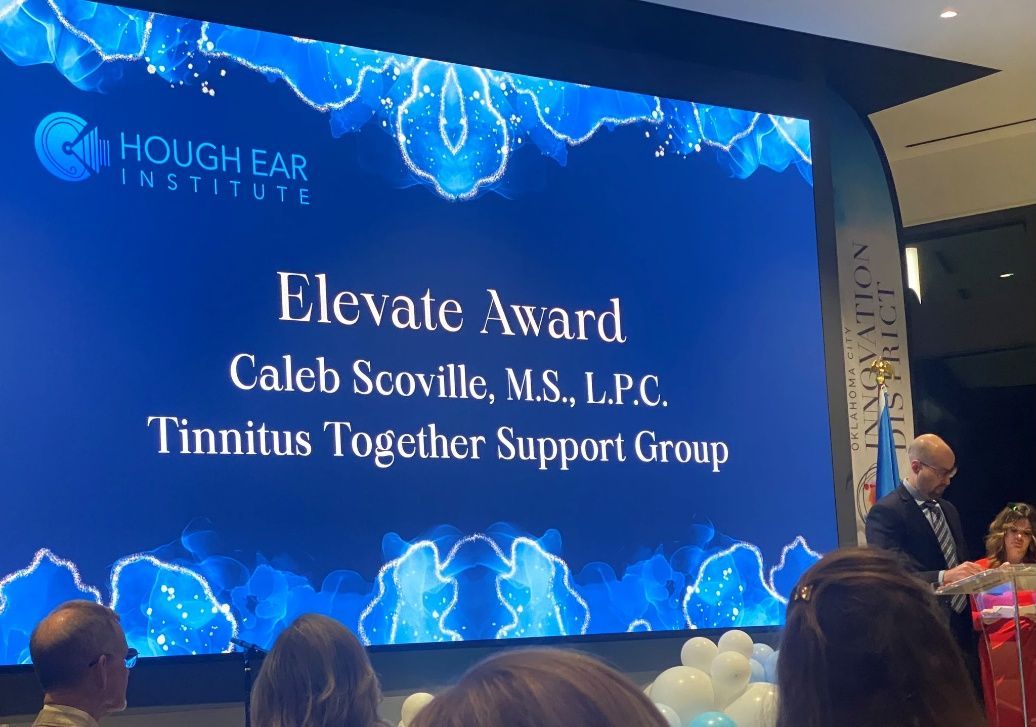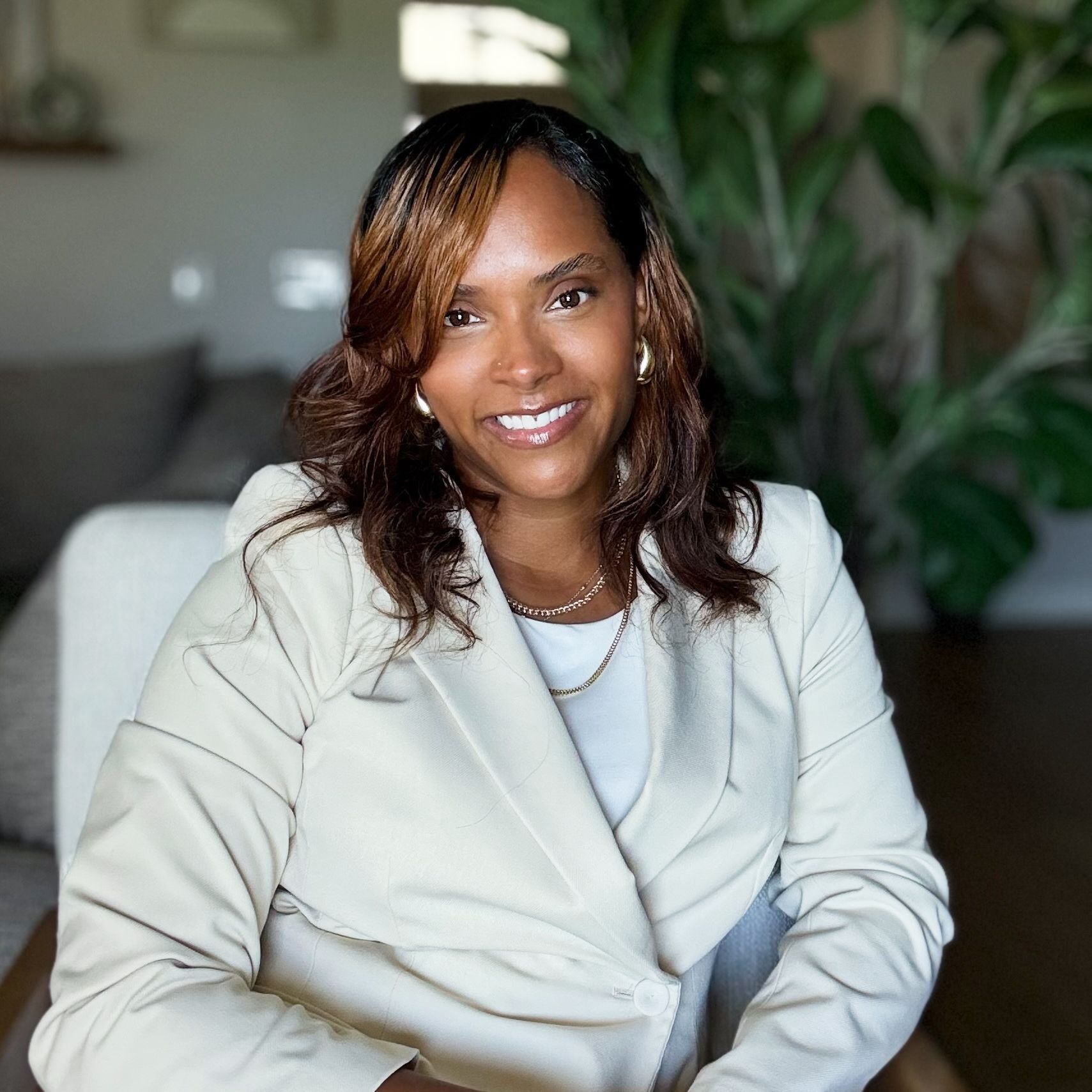The 6 Myths of Christian Sex - Part 1
By Brandon Schmidt, LMFT
(Part 1 of 2 Articles on “Christian Sex”)
I know what you are thinking… “What is Christian Sex and how is it any different from normal sex?” Here’s the problem, our culture is already saturated with ideas on sex and sexuality. Most of these ideas fit a secular worldview (a view not grounded in Scripture), so we need a firm, biblical foundation on sex and sexuality if we are ever going to have the tools needed to combat societies’ distortion of what they believe is great sex. Christian Sex, as defined in this article, is “a mutual self-giving from one believer to another that reaches pleasures both physical and spiritual in a monogamous, sexual relationship between a man and a woman in the covenant bounds of marriage” (1 Cor. 7: 2-5). In this article, we will help in eradicating the damaging myths about Christian Sex and sexuality, and seek to gain knowledge on the subject that I wish I had known more about earlier in my life, and believe me, there is a lot I wish I would have known about Christian Sex a long time ago.
Have you ever uttered the words, “I wish I would have known that?” I was 16 yrs. old when I remember uttering those words for the first time, I mean, I probably thought them much earlier than 16 yrs. old but what teen or preteen wants to admit such things. I was driving this sweet red 1989 Pontiac Sunbird and I drove that vehicle like it was a souped-up sports car, even though it was a 4-cylinder coupe that went 0-60 in a 2-mile stretch…on a good day. I loved that thing and drove it everywhere, but after a long night of cruising the Main Street of my small hometown with my car packed like a can of sardines with my buddies, it wouldn’t start. I tried and tried to get it to start but with no luck. Finally, as a last resort, I called my father and he suggested that I look to see if the car had water to help cool the radiator. As I used my dad’s instructions to locate the radiator and to check on his inquiry with use of a landline (kids, that’s a phone literally connected to a wall in your home) stretched out the front door of my friend’s house, because this was 1997 after all, I noticed the reservoir was bone dry. So, what else would I do, but refill the reservoir with cold tap water. As many adult car owners wince with what they know is coming next…the car still didn’t start…because now the cold tap water was pouring out of the radiator like a leaky faucet because the cold tap water mixed with the still hot, overheated radiator, broke the thermostatic heads resulting in a $500 mechanic bill instead of a $10 coolant fix. Definitely something I wish I would have known sooner rather than having that hefty debt staring me in the face (by the way, “Thank you, Dad, for taking care of that bill.You are awesome!”). Much like Christian Sex, there is much I wish I would have known sooner in my life, my relationships, and especially, in my marriage.
What’s the best way to fight myths, or better yet, lies? We take a play from the very playbook of Jesus and combat those lies with Biblical truths. Much like Jesus did when he faced temptation in the wilderness at the hands of Satan (our very real and devious enemy who hates you and everything that God stands for), we will seek to dispel the lies of the enemy as it pertains to Christian Sex and sexuality, with Biblical truths. Here is a list of myths that needs to be corrected that we as the Church have adapted into our worldview of Christianity and ultimately, our marriages.We will explore these further in the April Newsletter.
The 6 Myths (Lies) About Christian Sex That Should Be Dropped From Our Vocabulary NOW!
Myth #1: Sex is DIRTY!
Myth #2: Sex is for procreation and nothing else.
Myth #3: Sex is one way…there is no room for exploration.
Myth #4: Sex is my decision and my decision only.
Myth #5: Sex should ONLY be discouraged with children, NEVER discussed openly.
Myth #6: Sex should never be discussed outside the marriage bed.
Often times, symptoms like depression and anxiety, exhaustion, and stress (just to name a few) can lead to individuals having little to no sex drive, and as is the case of sexual trauma, individuals can have a distrust in anything sexual. In my work as a marriage and family therapist, I have heard on countless occasions, partners stating things like a lack of feeling appreciated, no emotional connection, and even “no romance” as reasons for having little to no desire for sexual intimacy with their spouse. No matter what the reason, if we love our spouse and we are seeking to meet their needs, just as they are seeking to meet our needs, we should be willing to “do anything short of sin” and seek whatever help possible to increase the satisfaction and desire to connect intimately with our spouse.
It is highly recommended that if you have an aversion to sex, pain during intercourse, a past history of sexual trauma, a low libido, or feel unsatisfied with your sexual relationship with your spouse, that you seek help immediately. Professional counselors, along with medical professionals, can help provide emotional, relational, and physiological support. Remember, God intends sex within the marriage to be scared and blessed for both partners. He wants you to increase in emotional and spiritual connection with one another but often times these issues may widen the gap already present between you and your spouse. You are not alone so find support and encouragement today.
In Mike Mason’s The Mastery of Marriage, he helps us understand what God intended all sexual encounters between husband and wife to be pleasurable for both partners:
“What moment in a man’s life can compare with that of the wedding night, when a beautiful woman takes off all her clothes and lies next to him in bed, and that woman is his wife? What can equal the surprise of finding out that the one thing above all others which mankind has been most enterprising and proficient in dragging through the dirt turns out in fact to be the most innocent thing in the world? Is there any other activity at all which an adult man and woman may engage in together (apart from worship) that is actually more childlike, more clean and pure, more natural and wholesome and unequivocally right than is the act of making love? For if worship is the deepest available form of communication with God (and especially that particular act of worship known as Communion), then surely sex is the deepest communion that is possible between human beings, and as such is something absolutely essential (in more than a biological way) to our survival.
Sex is not just a man’s craving but mutually satisfying, Christian Sex should be a married couple’s mutual endeavor. Our prayer is that as you journey to be a fully devoted follower of Christ that you begin to see sex through the amazing and satisfying eyes of God Himself. His desires should be our desires and His pleasures should be our pleasures, so take time to pray this prayer with your spouse:
Whatever it takes, Lord, align our desires with your desires, so that our dreams align with your purposes. Let your will be done through us and let our love for one another be a holy fragrance to You.Amen.
Resources
Button: Read John Piper: Don’t be embarrassed by sex, Shannon Ethridge’s Sex as an Act of Worship, Read Song of Songs 4:5-7 NIV, Read Song of Songs 7:6-9 NIV, Read Today’s Christian Woman article Christian Sex Rules, Start the YouVersion Devotion God’s Design for Sex by One Minute Apologist, Order and Read Craig Gross’ book Touchy Subjects, Read Mike Mason’s book The Mastery of Marriage, and Seek support.
Author: Brandon Schmidt, MA, LMFT-S, PCIT. Brandon is a Licensed Marriage and Family Therapist and an Approved Supervisor in the State of Oklahoma. He is also a Certified Parent- Child Interaction Therapist and a clinical member at Transforming Life Counseling Center.







